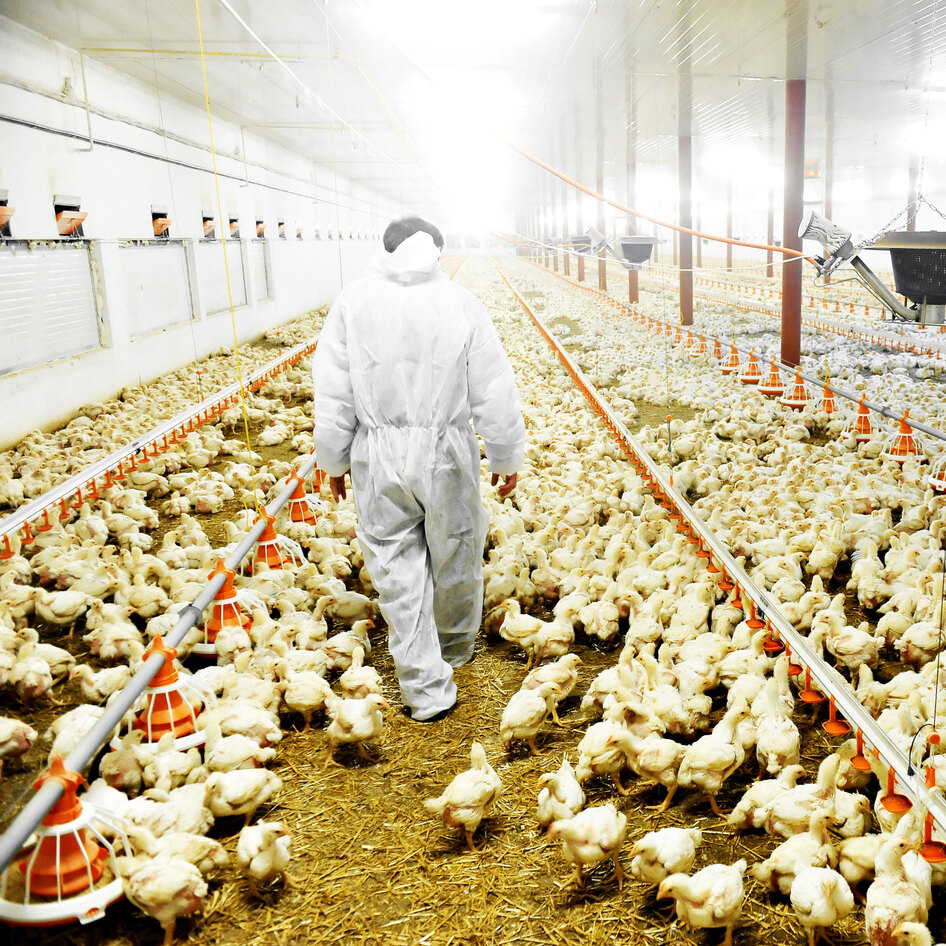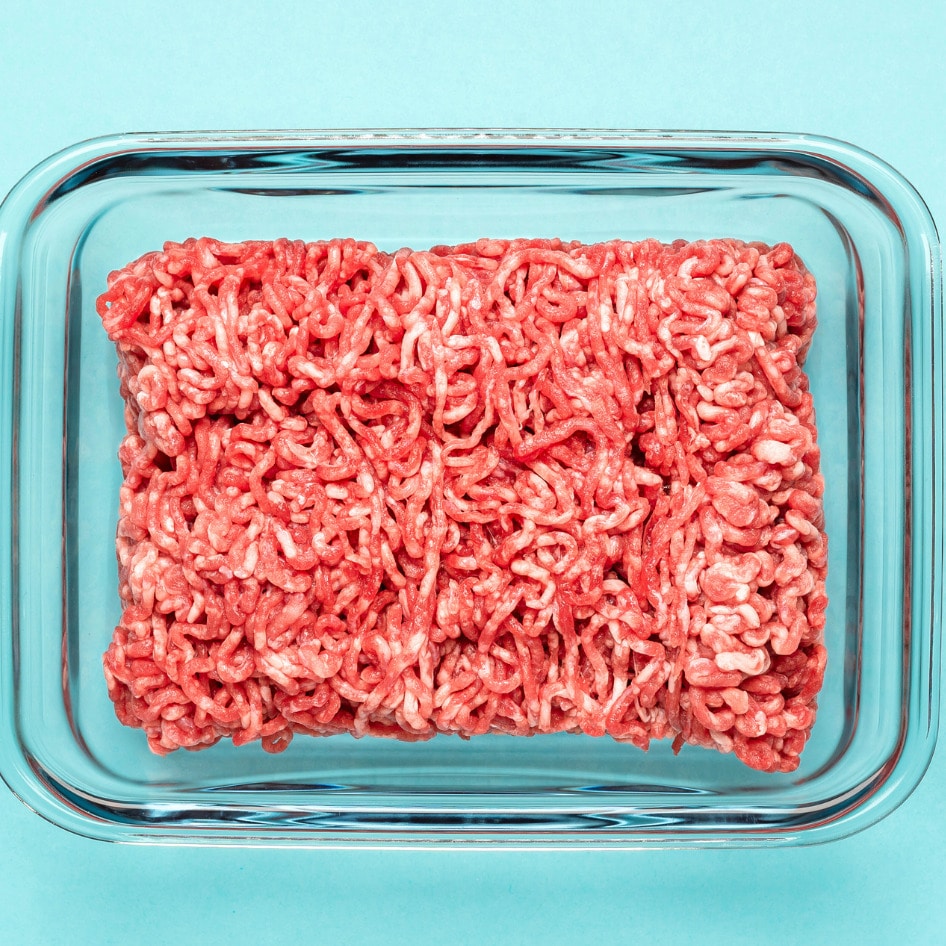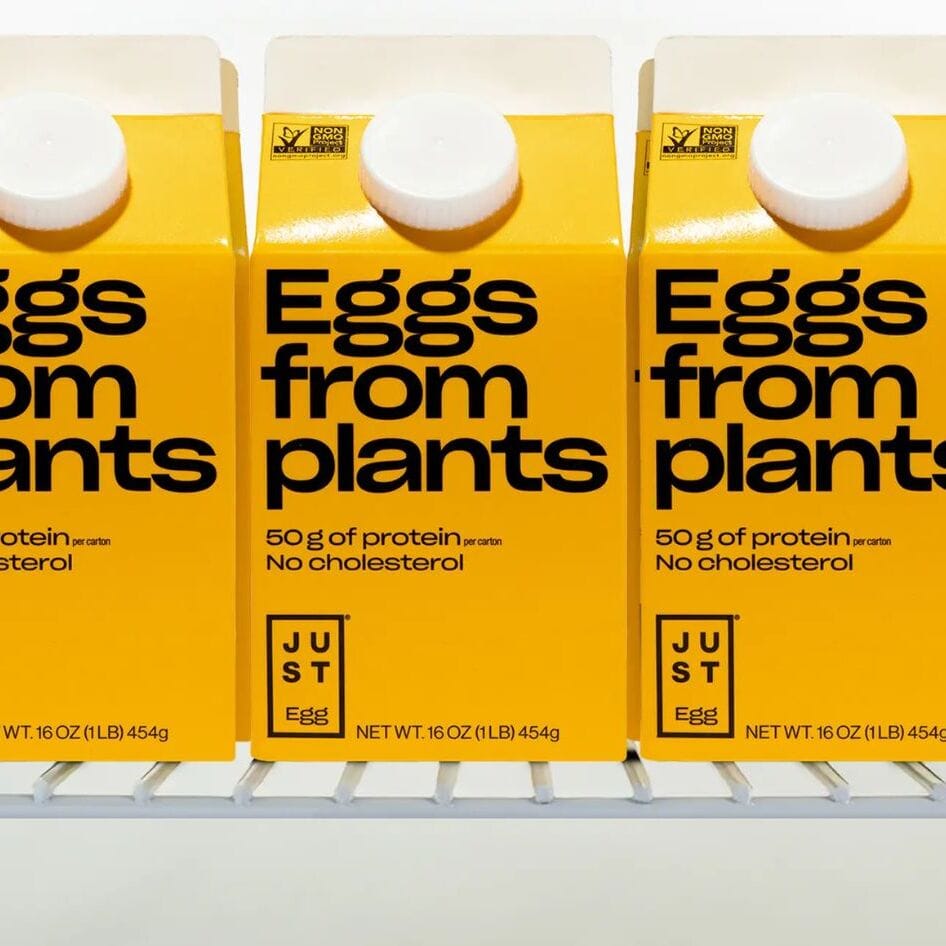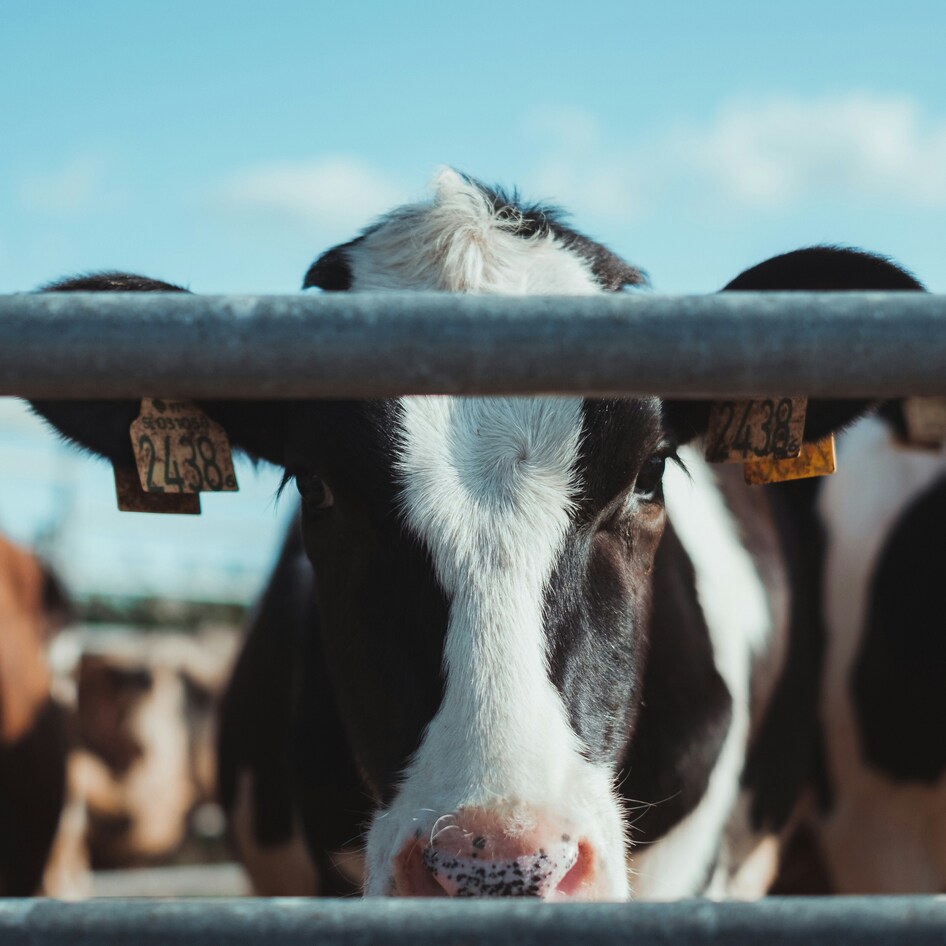Animal-rights group Humane Society International (HSI) is demanding a global shutdown of the mink fur farm industry to stop the spread of COVID-19, which Dutch authorities believe is being transmitted directly from animals to humans. The call comes after an outbreak of the virus at fur farms in the Netherlands and Spain.
On April 26, SARS-CoV-2—the virus that leads to COVID-19—was identified on two mink fur farms in the Netherlands, with two more fur farms identifying the presence of the virus, including in dust particles inside mink barns, on May 9. On May 15, SARS-CoV-2 was diagnosed in three cats living on a mink farm where the presence of the virus was detected. By May 25, two workers on these mink farms tested positive for COVID-19 leading to mandatory virus screenings at all mink fur farms in the Netherlands. In Spain, seven out of 14 employees of the La Puebla de Valverde tested positive for SARS-CoV-2 on May 22.
Following these incidents, Dutch Agriculture Minister Carola Schouten confirmed that the transmission of the virus from minks to humans—and not the other way around as the Dutch government previously thought—is “extremely likely.” On June 1, SARS-Cov-2 was present at an additional three fur farms in the country, with a fourth farm recorded on June 3. On June 5, the Dutch government began “culling” thousands of minks at the nine farms to contain the outbreak.
An estimated 60 million mink are farmed for their fur worldwide, with the top three production countries China (20.6 million mink), Denmark (17.6 million mink) and Poland (5 million mink) in 2018. In light of the COVID-19 outbreaks, Joanna Swabe, Senior Director of Public Affairs for HSI Europe, explains that the conditions on these crowded farms are ripe for the spread of zoonotic disease.
“The intensive cage confinement of animals on fur farms has always been a potential breeding ground for infectious diseases, and confirmation that mink on Dutch fur farms have infected workers with COVID-19 exposes yet another reason to close this cruel and entirely unnecessary industry,” Swabe said. “Fur farms typically contain thousands of mink in rows of cages in unsanitary, crowded, and stressful conditions not unlike the wildlife markets at the centre of global concern. In addition to fur factory farming being inherently cruel, the potential for zoonotic disease spread, and for mink fur farms in particular to act as reservoirs for coronaviruses, incubating pathogens transmissible to humans, is an unavoidably compelling reason for the world to call time on fur farming and for all fashion companies to go fur-free.”
In 2013, the Dutch government—which farmed approximately 4.5 million mink in 2018— passed a ban on mink fur farming which is scheduled to go into effect in 2024. “The Netherlands’ deadline of 2024 for phasing out mink fur farms simply provides three and a half more years of unnecessary risk,” Swabe said. “The Dutch government, and all fur-producing countries like Denmark, Poland, France, Italy, China, Finland, Spain, and the United States, should commit to end this inhumane practice and protect public health.”
JUMP TO ... Latest News | Recipes | Guides | Health | Subscribe







